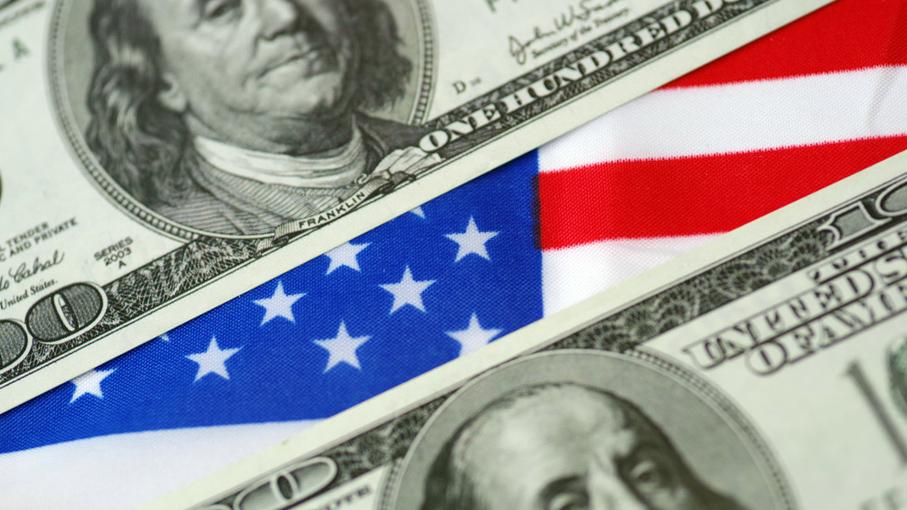Trade frictions and tariff hikes are to blame for the US’ economic woes in September such as shrinking manufacturing, slowed non-manufacturing growth, loss of momentum in job creation and falling exports, wrote economics scholar Li Chang’an for The Beijing News, citing key economic data.
According to the Institute for Supply Management in the US, the country’s purchasing manager index (PMI) dropped sharply month-on-month to 47.8 in September, the lowest level since June 2009. And the index declined at a rate faster than in August. While still above the critical threshold of 50, non-manufacturing PMI for September fell short of market expectations and is poised to decline further, Li said.
The job market is also losing strength. According to the US Labor Department, non-agricultural employment – after seasonal adjustments – only increased by 136,000, below the expected 145,000. The increase in job opportunities for both manufacturing and non-manufacturing has moderated, he added.
These can be attributed to the US’s unilateralist and trade protectionist policies, Li said. And by constantly raising tariffs and upping the game, the country is severely impeding normal global import and export trade. Data from the American Supply Chain Council shows that the new export index stood at a mere 41 percent, the lowest since March 2009.
“As export growth slows down, companies cut back on capital expenditures, employment and pay deteriorates, investment and consumption drop, and the economy declines further,” Li wrote.
The US situation also dims prospects for a global economic recovery, as a reduction in exports would trigger an economic slowdown, he argued. The OECD, for instance, has recently revised its 2019 global economic growth forecast from 3.2 percent down to 2.9 percent, the lowest since the financial crisis in 2008.
Li argued that if trade frictions aggravate, the chances for a US recession will increase despite expansionary policies like interest rate cuts and tax reductions.

 Old Version
Old Version